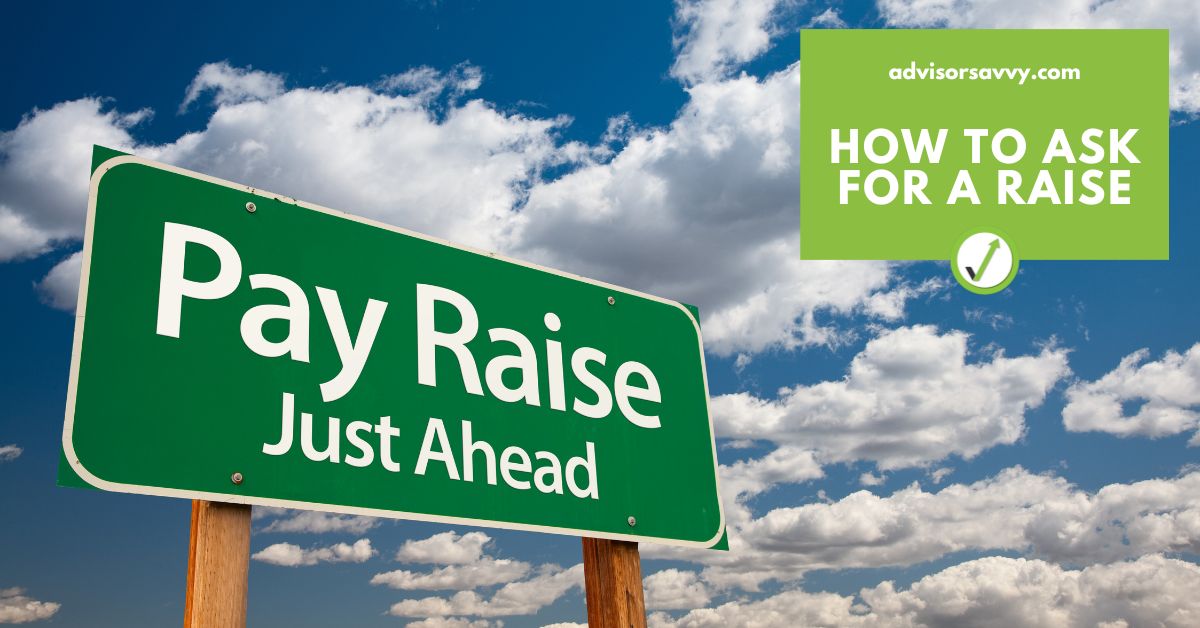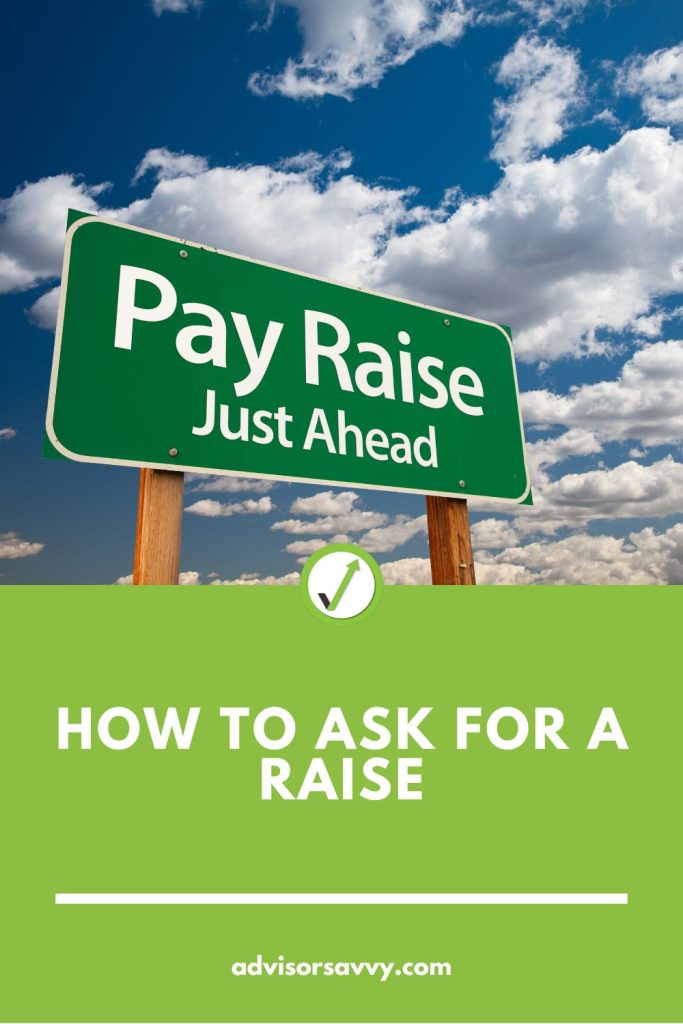
A lot of people find it difficult or intimidating to ask their bosses for a pay raise. This is totally understandable given that you’re the one who’s in a vulnerable position! However, if your company doesn’t do regular, annual salary increases in line with inflation or performance, knowing how to ask for a raise is a big plus. If you’ve never done it before, it’s never too late to learn.

Table of contents
According to Payscale reports, numerous workers have succeeded in asking their bosses for a raise, but only 70% of workers that asked received it. Asking for a raise that reflects your level of productivity is normal, but your approach determines the results you get. For this reason, it helps to approach the query with a well thought out strategy. Even though your boss has an idea of how productive you are at your job, you still need to present your case for getting a raise. Luckily, this article will guide you on some tips to ask your boss for a raise, both verbally and in writing.
What is normal to ask for a raise?
Some workers agree there is never a perfect time to ask for a raise, however, common sense is needed. If you think that you should get a raise and your boss has yet to mention it, it is normal to ask for one. But if your company is in the process of laying off people or it’s your company’s busy season, do not make a request at that time. Carefully consider the timing of when to ask for a raise; it will increase your odds of approval.
You should also consider when your company typically issues raises. Some bosses give out raises at the beginning of the fiscal year, whereas others give them at the end of the year based on the company’s performance. Others may give raises only when you have worked for the company for 6 months, and in some cases, up to 12 months.
If there are no standard details about how much of a raise you can request, try to make a raise request of 10% to 20% increase as a benchmark. This is quite normal and will ensure you are not going far beyond or way below the national average. Alternatively, if you feel very underpaid in your job, find market comparable data for jobs similar to yours to back up a higher raise request.
How much is too much when asking for a raise?
A 5% pay raise is just enough to put you above the national average. This amount of a raise is more or less in line with inflation and will ensure you can maintain your lifestyle despite rising costs. However, while this may seem like a good starting point for a raise, it is not the final answer. Considering the current economic status, certain conditions can determine what a good raise should be.
- For a 5% to 10% Raise: If your company offers a more traditional raise structure that is not based on merit, try requesting the national average increase between 5% and 10%. This will represent the cost of living, inflation, and other economic changes.
- For a 10% to 15% Raise: This is suitable if you get competitive pay for your job and are still able to work after. If you have worked in the company for long, you can push for more than this range. When you ask for 10% to 15% more than your current salary, you are creating more room to negotiate.
- For a 15% to 25% Raise: This applies if you are paid competitively at your job and are also an outstanding contributor. You may also ask for a 15% to 25% raise if you have taken on more job responsibilities but have not yet been promoted or compensated accordingly.
Getting a raise is usually a big deal for companies and will require you to get clear samples of contribution to the company’s overall growth. It provides them with good evidence to present to the company’s higher-ups on your behalf. Ensure you also go to the meeting with your boss equipped with examples of your success in your current position. This will ensure that your boss takes your request for a raise seriously.
Related Reading: What is the average annual income in Canada?
Tips on How to Ask for a Raise
While asking for a raise seems quite uncomfortable, it doesn’t have to be. Below are a few tips on how to ask for a raise. The more prepared you are ahead of the request, the more comfortable you’ll feel!
1. List Your Work Accomplishments
Find out how your work accomplishments have positively impacted your department and, most importantly, your company. If possible, you should provide specific numbers, statistics and examples.
Presenting your work accomplishments and the efforts you have put in to help your company shows that you are a loyal, dedicated and present employee. Loyal employees are known to always gain the trust of their employers, giving them the upper hand. The stronger the information you provide, the harder it will be for your boss to turn down your request for a raise. In essence, you’re explaining your value and how it is difficult to replace.
2. Consider Your Qualifications
Certain qualifications are like ladders to achievement in a competitive work environment. The following qualifications will help you get a raise from your boss:
- Years of experience in your work sector
- Educational background
- Years of employment in your current position or company
- Specialized skills you can add to your portfolio or resume
Qualifications add value and improve your ability to perform your job well. When determining your raise, your employer would take each type of qualification into account.
CIBC Investor’s Line Offer
Up to $6.95 per online stock or ETF trade. Plus, there’s no minimum account balance.
3. Choose the Right Timing
When asking for a raise, you need to be careful when choosing your timing. Ask yourself the following questions to determine the perfect time to ask for a raise:
Have you completed a significant project in the company?
If the company is doing well and your boss isn’t too stressed, but you are not yet offered a raise, reflect on your accomplishments so far. Reaching an impressive milestone or exceeding a goal will afford you the chance to ask for a raise. Wait until significant projects are finished before asking for a raise. This way, you can use it as a bargaining chip to get your raise approved.
What is the financial status of the company?
If the company is not financially stable, it is not the best time to ask for a raise. As an employee, do proper research that will reveal the financial status of your company. There may be signs of financial instability, such as lay offs, slow to pay bills, lost clients, or high employee turnover. Asking for a raise will only hurt the company during tough times. Wait until the storm passes, then ask for a raise when things are good again.
When is the best time to ask your boss for a raise?
There are times when it becomes most natural or convenient to talk about your salary. Some employers conduct periodic reviews with employees. If you are expecting any, your employer may also be looking forward to discussing compensation. Outside of that, be sure to ask for a raise when operations are slow and quiet — not during busy or challenging times.
4. Set a Meeting with Your Boss
It’s only right to ask for a raise either in person or in private. If you’re not in the same workplace as your boss, consider setting up a one-on-one video call. Avoid asking for a raise without setting an appointment on your calendar. Be sure to let your boss know the intention of the meeting ahead of time so they can prepare too.
5. Be Prepared for Questions
If you asked for a raise at a perfect time and you are certain that you have the accomplishments to receive a raise, expect your boss to give your request a chance. However, expect them to ask you questions about your accomplishments and the salary research you have made. Consider practicing with a friend or family member so you’re prepared for the real thing.
Related Reading: How much tax is deducted from my pay?
CIBC Investor’s Line Offer
Up to $6.95 per online stock or ETF trade. Plus, there’s no minimum account balance.
How to Ask Your Boss for a Raise Verbally
While asking your boss for a raise verbally, whether over video call, phone or in-person, be sure to make your request clear and professional. It can help to practice what you’ll say ahead of time. In most cases, it’s good practice to put your request in writing. After the call, document your conversation in an email or text to your boss. This way, if your raise is approved verbally, it won’t get lost in communication!
How to Ask for a Raise in Writing
Before you start writing a letter of request for a raise, ensure that your salary request is clear. Conduct proper salary research to find the right range for your role, experience, and achievements. The goal of the letter is to prove that you deserve a raise and that it’s aligned with the market for your job title and skills. Once you are sure, you should build your case using examples and data.
Your boss may not know everything about your accomplishments on the job, so it’s a good idea to write down everything. Take the time to spell it out for them to see why you deserve a raise. The more solid information you provide, the better chance you have at getting the raise you ask for.
How to Ask for a Raise via Email
A lot of companies use email for written communication. If you send your request for a raise via email, your letter may be in the form of a hard copy. However, keep the following in mind:
- Omit the paragraphs at the top with your address and your boss’s address
- Choose an appropriate subject line
- Ensure your note is clear, simple and direct
Proofread your email letter and save a test copy to ensure that your result comes out the way you want. After proofreading, feel free to send it to your boss and then hope for the best!
Related Reading: Old Age Security Canada
What not to say when asking for a raise?
Certain words and phrases should not be used when asking for a raise. Some of them include:
1. ‘I feel and I think’
The words ‘I feel’ and ‘I think’ are weak phrases based on emotions, not objectivity. These words are used to soften what people say next, pushing your listener away. You need to sound confident in your negotiation for a raise and use vocabulary based on facts, not feelings.
2. ‘I deserve a raise because I have been here for a while’
Companies re-evaluate performances and salary on specific dates, but it doesn’t mean you automatically deserve a raise. Time is not the major factor in a decision on your raise. Rather, performance and merit are more important.
3. ‘___ is earning more than me’
While this phrase can sound frustrating, you don’t know everything about your coworker’s jobs. They may be bringing more to the table that you are not aware of. In addition, some roles in a company will be paid higher than others. The amount of money you earn is not relative to others in the company. It’s based on you and what you’re contributing.
4. ‘I will leave if I don’t receive a raise of ___’
Making threats will only make matters worse and won’t lead to the results you desire. Your boss may not respond well, and it will most likely cause them to replace you. Even if you’re not replaced, it can make the work environment awkward. Be sure to approach the situation with kindness, not ultimatums or threats.
Can asking for a raise backfire?
Yes, asking for a raise can backfire if the negotiation comes at the wrong time or you ask for way too much. It can also backfire if you agree to a verbal offer and later ask for different terms.
However, this doesn’t mean you shouldn’t ask for a raise. If you approach the situation with professionalism and reasonability, you have good odds. Even if your boss declines, the mutual respect will remain.
Is there harm in asking for a raise?
It is important to know that asking for a raise is normal and acceptable. Most company owners and business managers are bent on ensuring their employees are well taken care of. In addition, they anticipate such requests considering it’s a normal practice in business.
While the process can sometimes be inconvenient, you need to learn tips on how to ask for a raise. Ensure you prepare by identifying your accomplishments and considering the value you can add to the company. Research more about the salary rate for your role on competitive sides to find out if you are well compensated. If you think you are not well compensated or making any progress with your current employer, it may be the right time to take up a new job.
Read More: Will seniors get a raise in 2023 in Canada?

